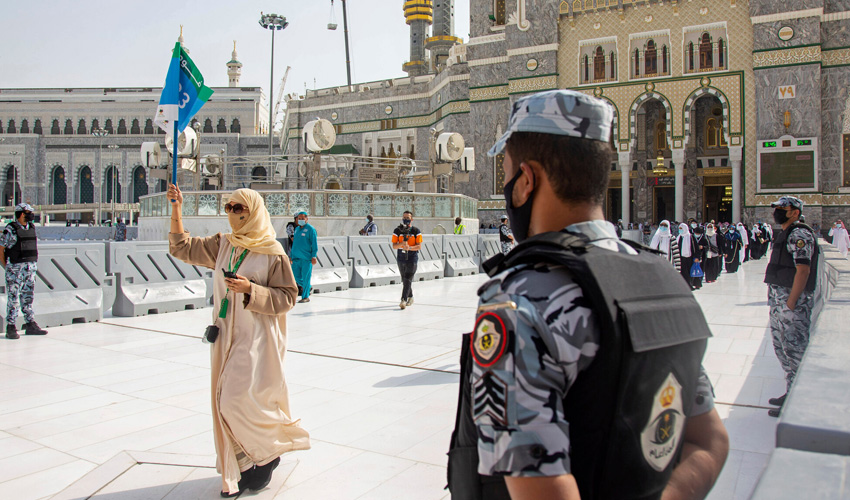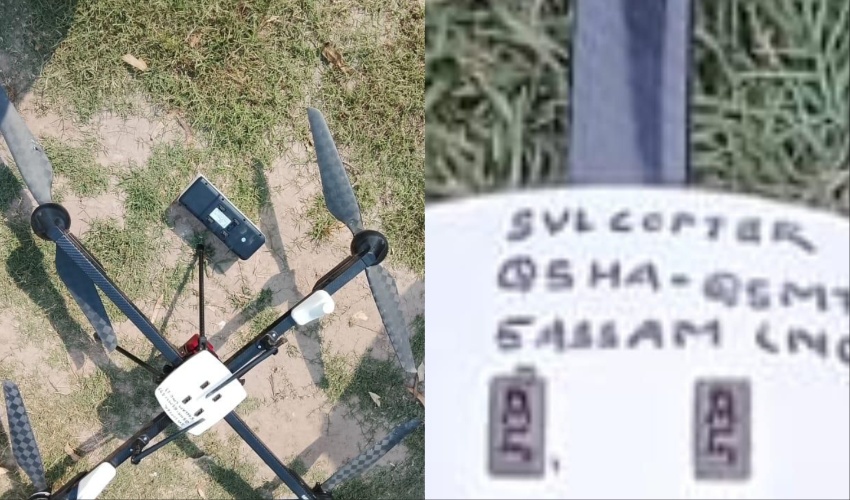The Indian Army is facing a deep internal crisis following the controversial Pahalgam incident, which has been labelled a "failed false flag operation" by insiders.
In what appears to be a panicked move, the Modi government has dismissed the head of the strategically crucial Northern Command, Lieutenant General MV Suchendra Kumar. Lieutenant General Pratik Sharma has been appointed as his successor and formally took charge on April 28.
According to high-level sources, the government has placed the blame for both the intelligence lapse and security failure squarely on Lt Gen Kumar, who had reportedly opposed any retaliatory action against Pakistan in the aftermath of the Pahalgam attack that killed 26 people. The leadership change has stirred discontent within military ranks, especially in the sensitive region of Jammu and Kashmir.
Unrest among the ranks
Lt Gen Pratik Sharma, who was previously serving as the Indian Army’s deputy chief of staff (strategy), held a meeting with officers and troops at Somnath Hall in Srinagar soon after assuming command. Sources present at the meeting say it was marked by tension and anxiety, as Sharma failed to provide convincing answers to pointed questions regarding the current security posture and the circumstances of the Pahalgam attack.
“Despite tight security, how was such an attack possible?” questioned one officer. Another reportedly asked, “If we are pushed forward, who will protect the cantonment zones?”
These interactions have exposed the growing distrust and mental stress among Indian Army personnel stationed in Kashmir.
Crisis in confidence
The sudden dismissal of a top military commander has sparked a wave of disappointment and psychological stress within the Indian Army. Many officers reportedly believe that Lt Gen Kumar is being scapegoated for a broader policy failure. His refusal to escalate tensions with Pakistan after the attack allegedly disrupted the Modi government’s initial plans, which insiders claim included a potential cross-border “adventure.”
Furthermore, local sentiment in India-held Kashmir is turning increasingly hostile towards the Indian Army and central government. Reports suggest that Muslim communities across the region are outraged over the mishandling of the Pahalgam incident, further complicating the military’s position.
Pratik Sharma’s challenge ahead
Lt Gen Pratik Sharma brings with him over three decades of operational experience, having served in major military campaigns such as Operation Pawan, Meghdoot, Rakshak, and Parakram. He has also held prestigious roles, including director general of Military Operations and director general of Information Warfare. However, the new Northern Command chief faces an uphill battle as he inherits a force grappling with morale issues and strategic disarray.
His appointment, approved on April 28, comes at a time of heightened border tensions with Pakistan. India has responded to the April 22 Pahalgam attack by launching a diplomatic offensive — suspending the Indus Waters Treaty, closing the Attari-Wagah border, and halting all visa processing for Pakistani nationals, including under the SAARC Visa Exemption Scheme.
As Lt Gen Sharma steps into his new role, the spotlight remains firmly on the Indian Army’s leadership, internal unity, and strategic direction. The aftermath of Pahalgam has not only claimed lives but shaken the foundations of military command and civil-military trust.


























